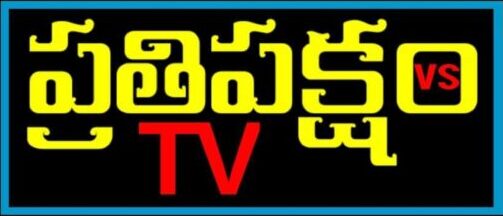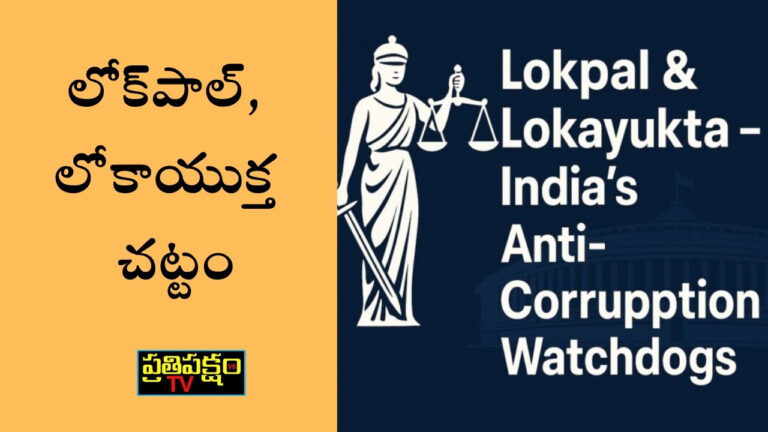New Delhi: Corruption has always been one of the most debated issues in Indian politics and governance. Citizens have long demanded strong institutions to hold ministers, bureaucrats, and public officials accountable. This demand led to the creation of Lokpal and Lokayukta, two historic anti-corruption watchdogs.
In this report, we explain what Lokpal and Lokayukta are, why they were created, their powers, challenges, and their current status in India.
Background – From Idea to Law
The idea of Lokpal (at the Centre) and Lokayukta (at the State level) was first suggested in the 1960s by administrative reforms committees. However, the concept gained real momentum during the India Against Corruption movement (2011–2012) led by Anna Hazare, Arvind Kejriwal, and Prashant Bhushan.
Lakhs of citizens came out on the streets demanding a strong Lokpal law to check corruption at the highest levels. After months of protests, Parliament finally passed the Lokpal and Lokayuktas Act, 2013, which came into force on 16 January 2014.
What is Lokpal?
The Lokpal is an independent anti-corruption authority at the national level.
Jurisdiction: Allegations of corruption against the Prime Minister, Union Ministers, MPs, and senior officials.
Composition: A Chairperson + up to 8 Members (50% from SC/ST/OBC, minorities, women).
Appointment: By the President of India on the recommendation of a Selection Committee including the PM, Speaker of Lok Sabha, Leader of Opposition, Chief Justice of India, and one eminent jurist.
The Lokpal can also direct the Central Bureau of Investigation (CBI) to act against corruption cases.
What is Lokayukta?
The Lokayukta is the state-level counterpart of the Lokpal.
Jurisdiction: Allegations against the Chief Minister, State Ministers, MLAs, and state officials.
Appointment: Generally by the Governor, after consultation with the Chief Justice of the High Court and the Leader of the Opposition in the State Assembly.
State Status: While states like Maharashtra, Karnataka, Kerala already had strong Lokayuktas, others like Telangana and Tamil Nadu are still lagging.
Powers of Lokpal and Lokayukta
Both institutions enjoy strong powers under the law:
Investigations – Can probe corruption allegations against the highest public offices.
CBI Supervision – Lokpal can direct the CBI to investigate corruption cases.
Asset Seizure – Power to attach properties gained through corrupt practices.
Time-Bound Action – Preliminary inquiry in 90 days, full investigation in 6 months (extendable to 1 year).
Whistleblower Protection – Protects individuals who expose corruption.
Why They Matter
India has ranked poorly in Transparency International’s Corruption Perceptions Index for years.
Mega scams like 2G Spectrum, Commonwealth Games, Coal Allocation created mass anger.
Citizens demanded an authority outside political control.
Lokpal and Lokayukta were seen as a way to restore faith in democracy and governance.
Challenges & Criticisms
Despite being a landmark reform, the institutions face serious challenges:
Delay in Appointments: The first Lokpal was appointed only in 2019, 5 years after the law.
No Independent Wing: Lokpal depends on the CBI and lacks its own investigation force.
Limited PM Powers: Lokpal cannot probe PM in matters of security, foreign policy, public order, or atomic energy.
Political Interference: The Selection Committee remains political.
Poor State Implementation: Many states still have weak or no Lokayukta.
Low Awareness: Citizens often don’t know how to file complaints.
Recent Developments
Thousands of complaints have reached Lokpal, but many were rejected due to jurisdiction issues.
The Supreme Court has repeatedly directed states to establish Lokayuktas without delay.
Activists argue that Lokpal must be given independent investigation powers.
Justice Pinaki Chandra Ghose, the first Lokpal of India, said:
“Lokpal is not here to replace agencies, but to strengthen the fight against corruption.”
Activist Prashant Bhushan countered, calling Lokpal a “toothless tiger without its own probe wing.”
Role of Citizens
For Lokpal and Lokayukta to succeed, public participation is essential:
File corruption complaints.
Use the RTI Act to gather evidence.
Demand accountability from states where Lokayuktas are absent.
Create awareness through civil society and media.
The creation of Lokpal and Lokayukta was a victory for people’s movements and citizen activism. They represent hope for a corruption-free India.
But without political will, independent powers, and citizen involvement, they risk becoming symbolic.
The success of these watchdogs will be measured not by the laws on paper, but by how many powerful officials are truly held accountable.
As India looks ahead, Lokpal and Lokayukta remain vital pillars in the fight against corruption—and citizens must ensure they don’t fade into irrelevance.

